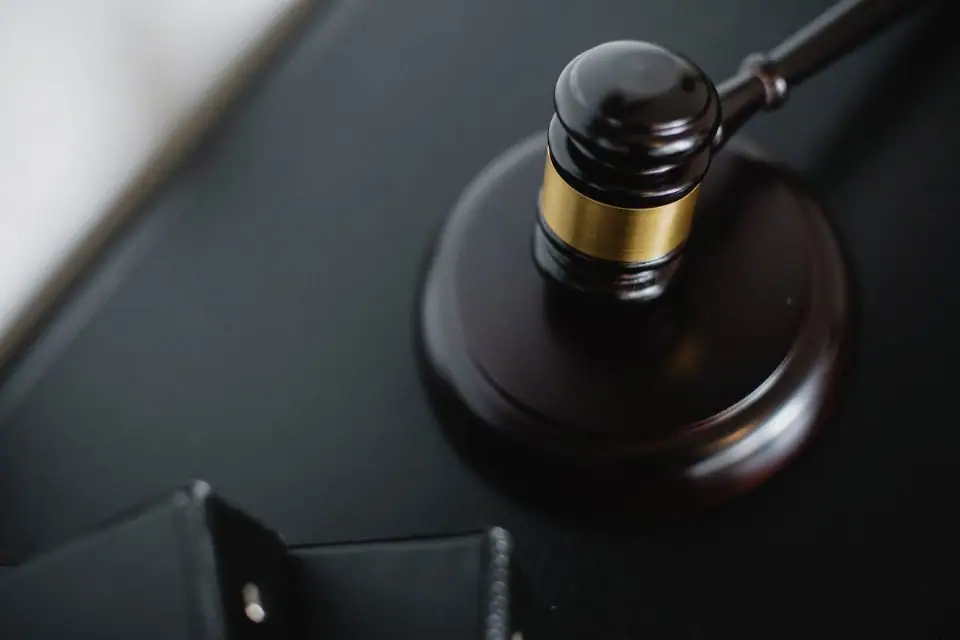Personal injury law refers to the legal rules and statutes that govern cases involving physical or psychological harm caused by the negligence or wrongdoing of another party. It provides a way for injured victims to seek compensation for their losses and hold the responsible parties accountable.
Overview of Personal Injury Law
Personal injury law covers a wide range of scenarios in which someone suffers harm due to someone else’s actions or failure to act responsibly. Some common examples include:
– Automobile accidents
– Slip and fall accidents
– Defective products
– Medical malpractice
– Workplace injuries
The core concept is that when a person or entity engages in carelessness or misconduct that results in injury to another, they should bear responsibility for the resulting damages. Personal injury law handles the process of establishing liability and securing compensation for the victim’s losses.
Establishing Liability in Personal Injury Cases
To have a valid personal injury claim, the injured person must show that the other party owed them a legal duty of care, failed to live up to that duty, and directly caused the accident and injuries as a result. This must be proven through evidence like police reports, medical records, expert testimony, and more.
Several types of negligence and misconduct can support a personal injury lawsuit, such as:
– Failing to properly maintain safe premises
– Failing to warn about known dangers or hazards
– Operating vehicles recklessly
– Manufacturing defective products
– Practicing medicine below the accepted standard of care
By proving the at-fault party’s liability, the victim can pursue compensation through a settlement or personal injury lawsuit.
Damages and Compensation
The purpose of personal injury law is to make the injured victim “whole again” by providing compensation for their losses. Typical damages include:
– Medical expenses
– Lost income and diminished earning capacity
– Pain and suffering
– Loss of enjoyment of life
– Property losses
– Emotional distress
Punitive damages may also be awarded in cases of especially egregious misconduct, to punish the defendant. An experienced personal injury lawyer can help victims maximize their rightful compensation and recover the funds they need to heal and get their life back on track after an accident.
Conclusion
Personal injury law governs accident and injury cases where one party’s negligent or wrongful behavior caused harm to another. By establishing liability and damages, victims can hold the responsible parties accountable and receive fair compensation. Personal injury attorneys help navigate this complex legal area. If injured due to someone else’s actions, it’s important to understand your options and legal rights.







